Brrrr, essential oil lovers! As winter's chill sets in, you might be wondering, do essential oils freeze? In this frosty article, we'll delve into the fascinating world of essential oils and temperature, and explore how our beloved aromatic elixirs are affected by colder conditions.
A Freezing Point to Ponder: Can Essential Oils Freeze?
The short answer is, yes! Essential oils can freeze, but it depends on their individual chemical composition and the specific temperature at which they're stored. Each essential oil has a unique freezing point, which is typically lower than the freezing point of water (0°C or 32°F).
For example, some citrus oils, like orange and lemon, may freeze or become sludgy at relatively higher temperatures, while thicker oils like vetiver and patchouli may be more resistant to freezing.
The Cold Truth: How Freezing Affects Essential Oils
When essential oils freeze or become thicker due to cold temperatures, their chemical properties, aroma, and effectiveness can be temporarily altered. Here are some potential effects of freezing on essential oils:
-
Changes in consistency: Essential oils may become thicker, sludgy, or even solidify when exposed to cold temperatures. This can make them challenging to use or dispense from their bottles.
-
Temporary aroma changes: As essential oils freeze, their aroma may become less intense or slightly altered, but this change is usually temporary and should return to normal once the oil has warmed up.
-
Possible separation: Some essential oils may experience temporary separation of their components when they freeze, but this should resolve upon returning to room temperature and giving them a gentle shake.
Thawing Tips: How to Handle Frozen Essential Oils
If your essential oils have fallen victim to Jack Frost, don't fret! Here are some tips on how to handle and restore your frozen essential oils:
-
Be patient: Allow the essential oil to return to room temperature gradually. Avoid using direct heat sources, such as a microwave or stove, as this may cause damage or degradation of the oil.
-
Shake it up: Once your essential oil has thawed, give it a gentle shake to ensure that all components are thoroughly mixed and ready for use.
-
Check the aroma: Sniff your essential oil to make sure the aroma has returned to normal. If the scent still seems off, you may want to consider replacing the oil.
In Conclusion: Embracing the Frosty Side of Essential Oils
Although essential oils can indeed freeze, their aromatic properties and effectiveness can usually be restored by allowing them to return to room temperature and giving them a gentle shake. So, the next time the winter chill sneaks up on your essential oil collection, remember that a little patience and care can help your oils bounce back from their icy adventure. Stay warm and keep diffusing, dear friends! ❄️🌿💙



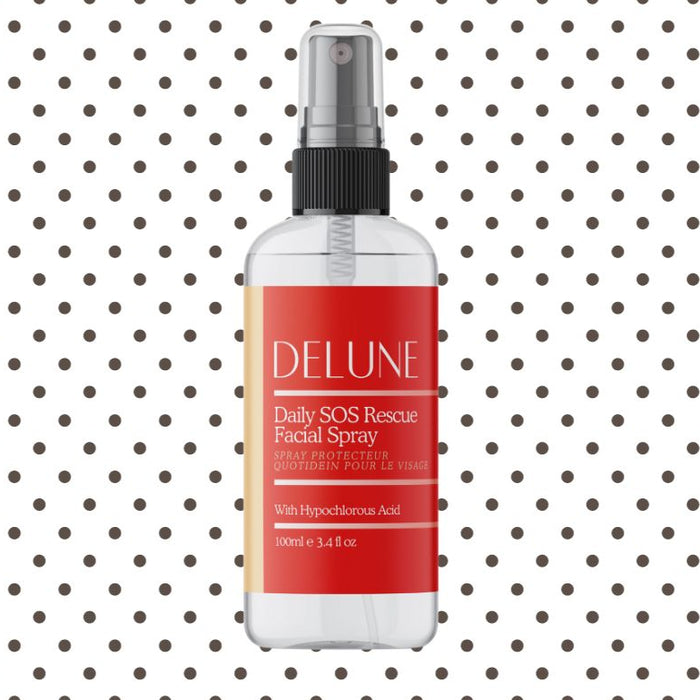


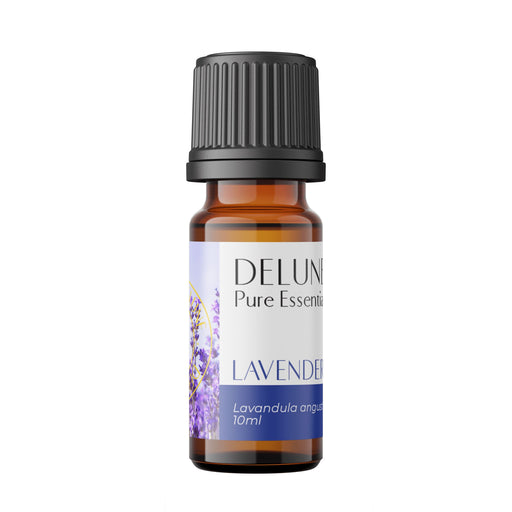
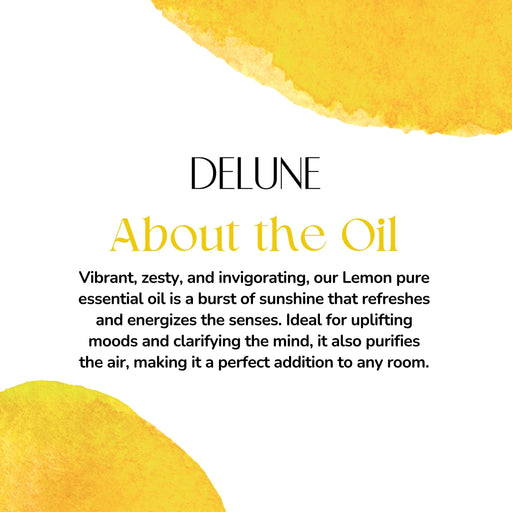
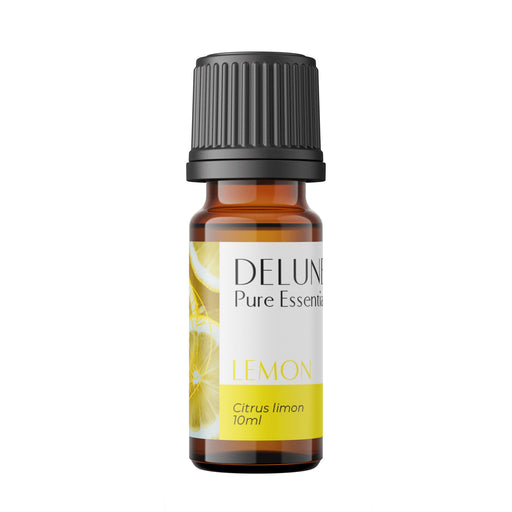
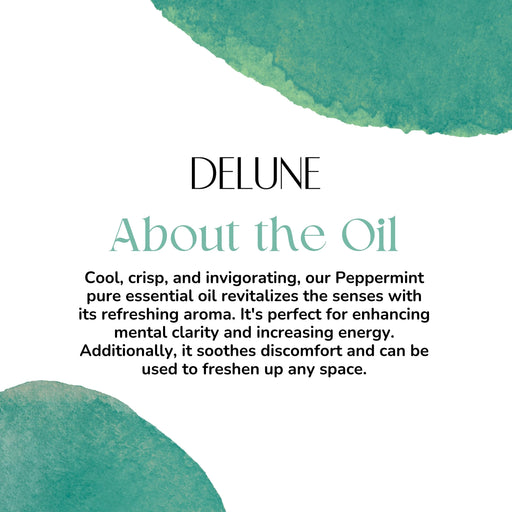
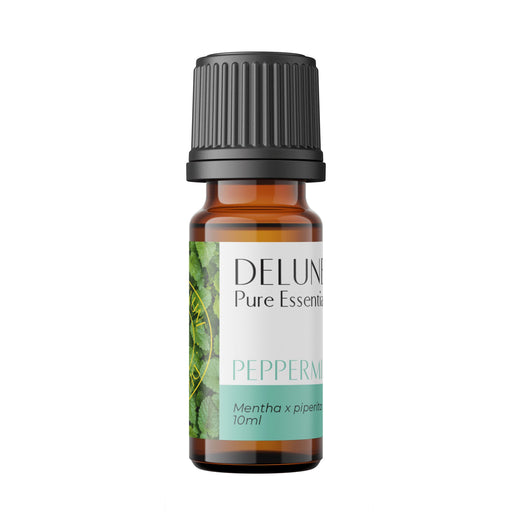
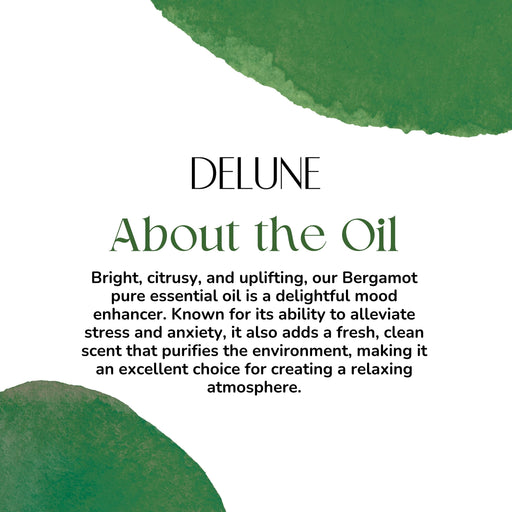
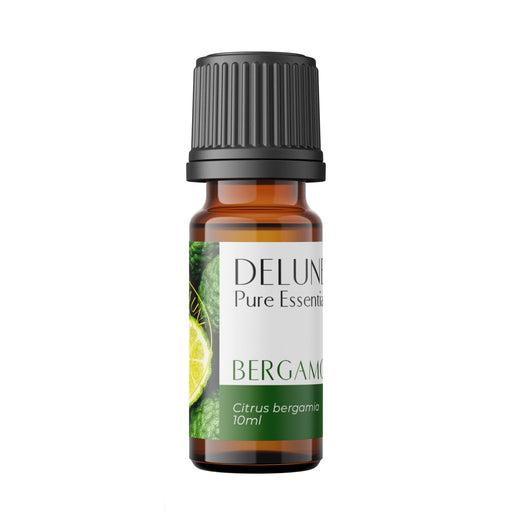

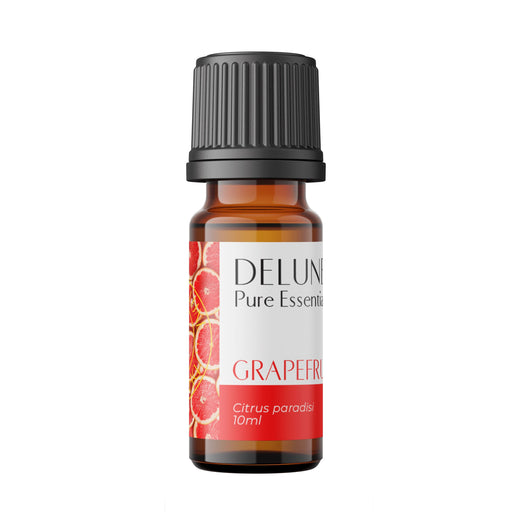
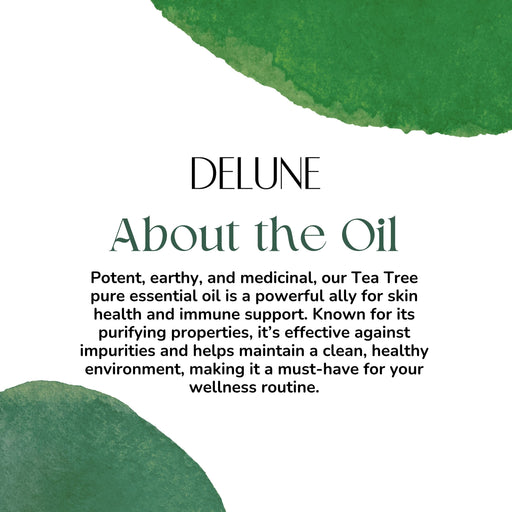
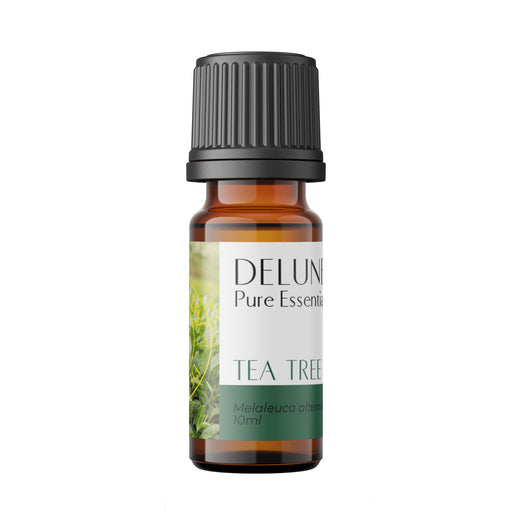

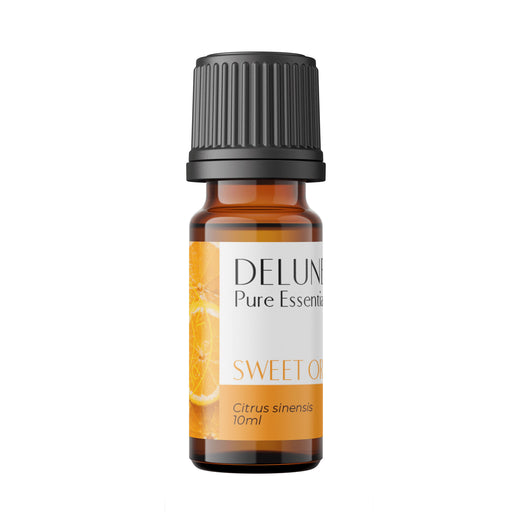
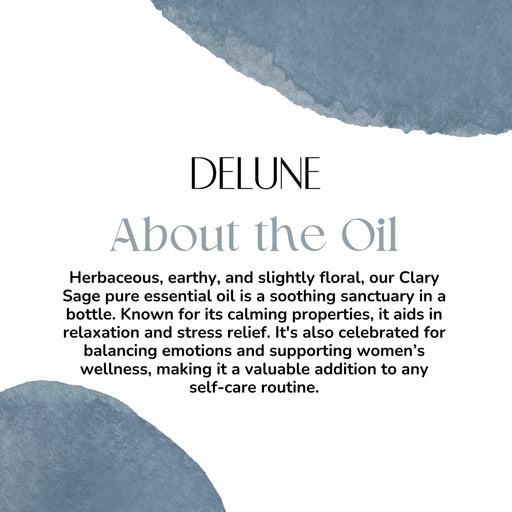
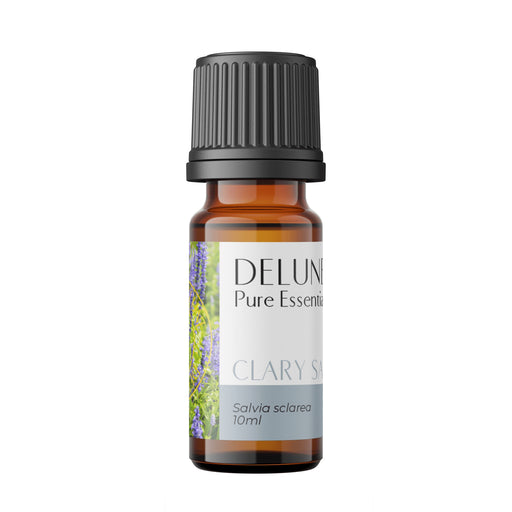
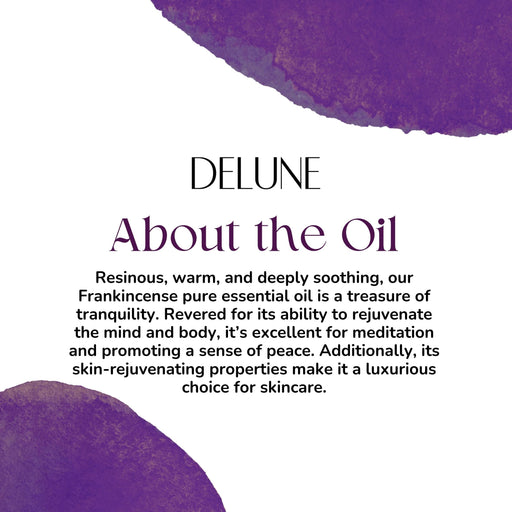
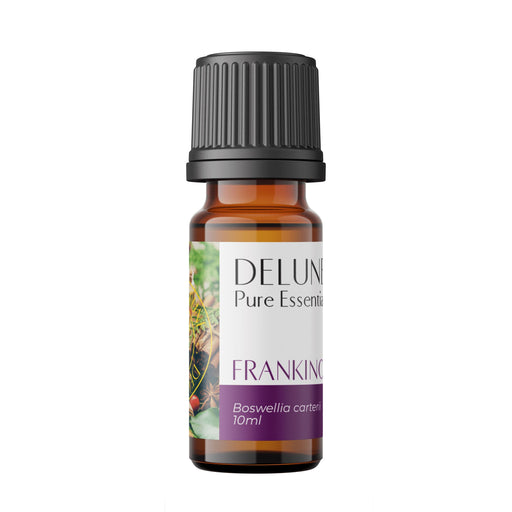
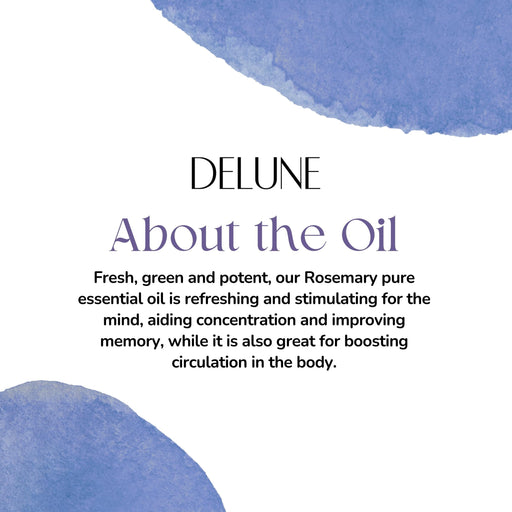
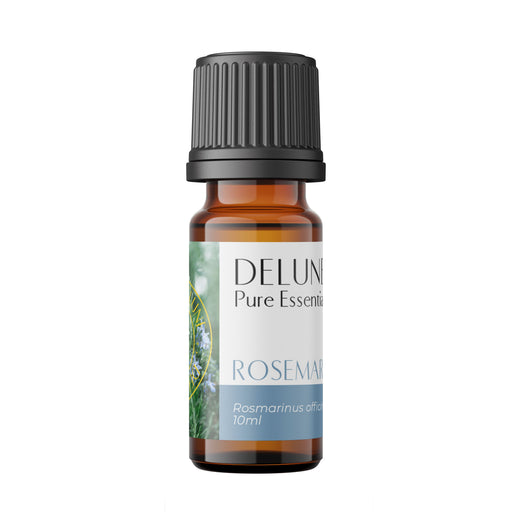
Leave a comment